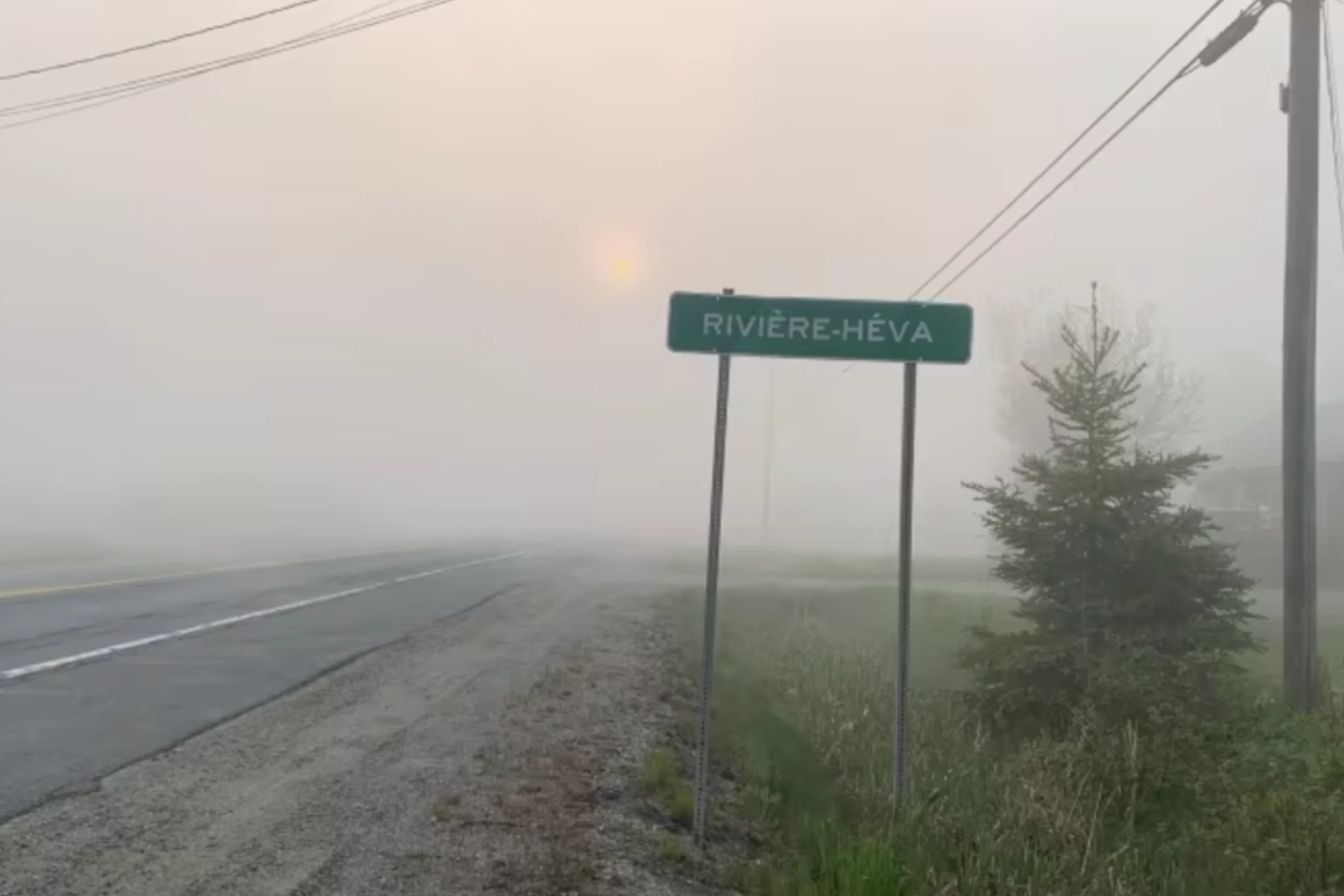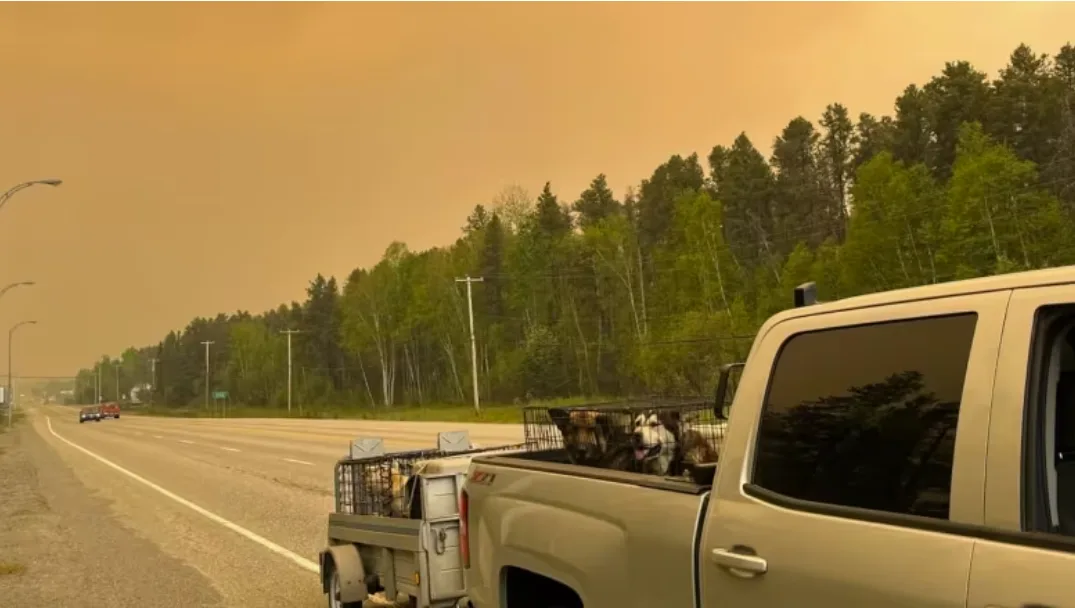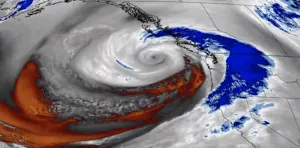
Quebec fire authorities say they're unable to bring all fires under control
Visit The Weather Network's wildfire hub to keep up with the latest on the active start to wildfire season across Canada.
Quebec's fire authority says it's unable to bring all 143 fires burning in the province under control. It says it can only attack between 20 to 30 fires at a time until reinforcement arrives.
"We took charge of 35 fires today, compared to 21 yesterday. We chose specific fires to protect our critical infrastructures, but above all to protect our population," said Public Security Minister François Bonnardel at a news conference Sunday.
"All our resources are concentrated on these fires."
RELATED: Mother Nature flips wildfire fortunes on Canada's East
Armed forces and firefighters from outside the province started arriving Saturday to help local firefighters. About 100 soldiers are on the ground and 550 more firefighters are on the way.
The backup should allow the provincial fire authority, the Société de protection des forêts contre le feu (SOPFEU), to change its strategy — which currently aims to protect cities and infrastructure — to go on the attack and put out the fires for good.
Forest access bans
Quebec's forestry ministry banned access to more forests and closed roads as of 8 a.m. Sunday as fires continue to burn across the province.
Access to forests in northern Quebec, Côte-Nord, Saguenay-Lac-Saint-Jean, Abitibi-Témiscamingue, Mauricie, Outaouais, Lanaudière and the Laurentians are limited. A list of closed parks and forests is available on the government's website.
The ministry says it is necessary to restrict access to forests to lower the risk of new fires and to help make firefighting operations easier.

As fires blaze in Quebec, Val d'Or's residents are encouraged to stay indoors as the air quality is still considered very bad. (Courtesy of Henri Jacob)
The risk of new forest fires is also prompting the agency that manages Quebec's provincial parks network, the Société des établissements de plein air du Québec (SEPAQ), to ban or limit access to 13 of its parks. They include the La Vérendrye and the Laurentides wildlife reserves, and a full list of closed parks is available.
State of emergency
Val d'Or and a nearby town in Abitibi-Ouest are the latest municipalities to proceed with evacuations because of the forest fires. Val d'Or has declared a state of emergency.
The city issued an evacuation order for people living in the sectors of Louvicourt, Lac Wyeth, Lac Guéguen, Lac Matchi-Manitou and Lac Villebon, "given that two out-of-control fires are raging on the east side of the Louvicourt sector and due to poor air quality," it said in a news release.
Evacuees can head over to the Fournier Multisport Center, which is also sheltering people from the Anishinaabe Nation of Lac Simon and the Algonquin community of Kiticisakik forced to leave their homes Saturday.
Those in Val d'Or's urban core are not affected by the evacuation notice as fires don't threaten the area, though the air quality is still considered very bad and residents are encouraged to stay indoors.
The town of Normétal in Abitibi-Ouest is also under an evacuation order. Officials redirected the 754 residents south of the town to either Dupuy or La Sarre.
In total, about 14,000 people have been forced to leave their homes in communities near forest fires, including Sept-Îles on Quebec's North Shore, the neighbouring Innu community of Mani-Utenam and Lebel-sur-Quévillon in Northern Quebec.
WATCH: Canadian armed forces joining wildfire fight in Quebec
The city of Sept-Îles has renewed a local state of emergency for five days, but no new evacuations will take place Sunday.
Evacuation notices for the Moisie, Les Plages and Lac Daigle sectors will be maintained for at least another 24 hours.
Mayor of Sept-Îles Steeve Beaupré says he doesn't want people to return to their homes and have to be evacuated again. But, he is optimistic on the evolution of fires by Nipissis River as they are slowing down.
Though temperatures are cooler, a change of winds and having less rain than expected in the forecast at the beginning of the week is causing concern, he said.
__Hospitalizations, air evacuations __
Manon Asselin, the general director of the CISSS Côte-Nord, said 47 people needed acute care and were transported to hospitals in Montreal and Quebec City by air evacuation.
No more air evacuations are planned and authorities say they are preparing to evacuate patients by road if needed.
Thumbnail image courtesy of Boualem Hadjouti/Radio-Canada.
This article, written by Erika Morris was originally published for CBC News. With files form Radio-Canada.









